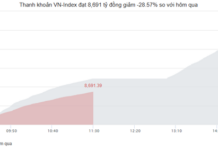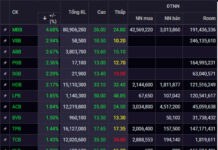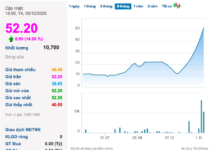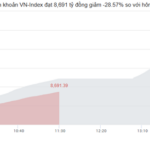
On 28th April, a Bitcoin miner successfully solved a Bitcoin block on their own, claiming the entire block reward of 3.125 Bitcoin.
The solo mining pool ckpool’s admin and software engineer, Con Kolivas, announced on Twitter that it was the 282nd solo-mined block in Bitcoin’s history.
He added that the solo miner had a hashrate of around 120 petahash per second (PH/s) at the time, which is roughly 0.12 exahash per second (EH/s), with an average hashrate of around 12 PH/s over a one-week period, representing roughly 0.02% of the network’s total hashrate.
The Bitcoin block reward recently decreased from 6.25 BTC to 3.125 BTC in the Bitcoin halving that occurred at block 840,000 on April 20, meaning block 841,286 was worth around $200,000 at the time.

The feat is remarkable because mining a valid block is an extremely rare event akin to winning the lottery. It is so rare that it has only occurred 282 times out of the 841,300 blocks created since Bitcoin’s inception 14 years ago.
Bitcoin mining involves participants dedicating computational power to solve complex mathematical puzzles in order to add the next block to the network.
However, as the asset’s price has surged, mining has exploded in popularity, leading to increased competition, known as difficulty, and hashrate, or network computing power, making it nearly impossible to solve a block on your own.



































